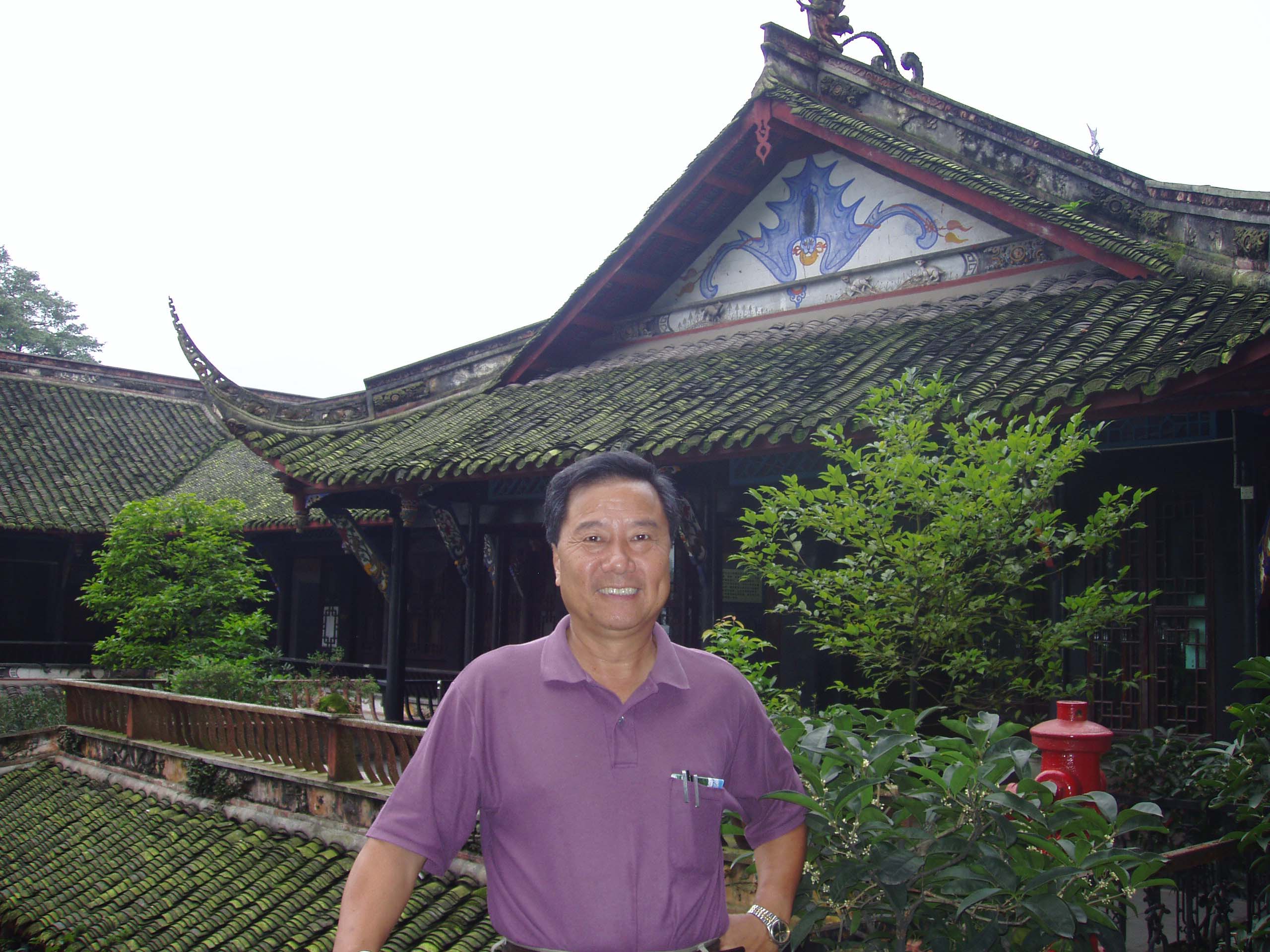Within the anthropology discipline, my research interests involve mainly two areas: cultural ecology and economic anthropology. In cultural ecology I investigate the environmental endowments and constraints a society faces in its cultural development, and the institutional mechanisms developed to cope with such conditions. In economic anthropology, I look into a society's indigenous organizations in production, distribution, and consumption, and their changes under the impacts of globalization.
My geographic concentration is East and Southeast Asia. I conducted my dissertation research in Taiwan in 1973-74, with specific attention on factors contributing to Taiwan's current agricultural growth and stagnation. In summer 1980, I organized a summer field school in Hong Kong to conduct surveys in the rural communities. In a short time, I have obtained a basic understanding of Hong Kong's rural development problems.
The "opening up" of mainland China presents a new opportunity for my research. Taiwan, Hong Kong, and China have similar cultural traditions, but have gone through dramatically different historical processes and developmental policies, especially in the past three decades. A comparison of these three Chinese societies, with a close examination of their changed and unchanged aspects, will reveal to us not only the meaning of "Chineseness" but also the relevance of policies adopted in these three societies with regard to agricultural production and economic development. I have conducted fieldwork on rural development in Xiamen, Fujian (1984-85, 96-97), on child nutrition and health in Shandong (1987-91), Guizhou (1995), and Taiwan (1991-92), sustainable agriculture in Manchuria (1997-2000) and Yunnan (2001).
 I began a new research project is to study Chinese migrant communities in the Golden Triangle of northern Thailand (2002-05), sponsored by two consecutive international collaborative research grants from the Wenner-Gren Foundation (2003-05). This project focuses on how the Chinese diasporas shifted from opium production and trafficking to tropical fruit production. More specifically, I touched on the issues of sustainable agriculture, development, transnational networks, and changing Chinese identities in this alien land. I have written four journal articles or book chapters based on this project, and completed a book-length manuscript for future publication.
I began a new research project is to study Chinese migrant communities in the Golden Triangle of northern Thailand (2002-05), sponsored by two consecutive international collaborative research grants from the Wenner-Gren Foundation (2003-05). This project focuses on how the Chinese diasporas shifted from opium production and trafficking to tropical fruit production. More specifically, I touched on the issues of sustainable agriculture, development, transnational networks, and changing Chinese identities in this alien land. I have written four journal articles or book chapters based on this project, and completed a book-length manuscript for future publication.
Since returning to Taiwan, I have been conducting and developing two long-term research projects. The first one, which covers the calendar years of 2006 and 2007 and co-chaired by Dr. Chang Ying-hua and myself, is an assessment of socio-economic changes among Taiwanese indigenous peoples. This project involves ten subprojects and covers issues ranging from social service programs, minority education policy, employment, political participation, indigenous land rights, and so on and so forth. We will conduct an island-wide survey with 2,000 samples during this summer and write up the final report toward the end of this year.
With an exploratory grant from the U.S. National Science Foundation in 2005, I began to formulate another research project titled “Zang-Yi Corridor Research Project” which covers the three river regions of Nu Jiang (Salween R.), Lanchang Jiang (Mekong R.), and Jinsa Jiang (Yantze R.). With a three-week survey in summer 2006 in the borderland areas between Sichuan, Yunnan, and Tibet, I put together a research plan that covers environmental adaptation, changing inter-ethnic relations, and dilemmas in development. To provide a comprehensive understanding of this region, I coordinated a team of multidisciplinary and multinational researchers who will be covering different aspects of these issues. Funding for this three-year project (2008-2010) has been approved by Academia Sinica under its Thematic Research Project program.

